Future Europe Journal
The European Liberal Forum is happy to introduce you the Future Europe Journal, European Liberal Forum's effort to improve the public debate.
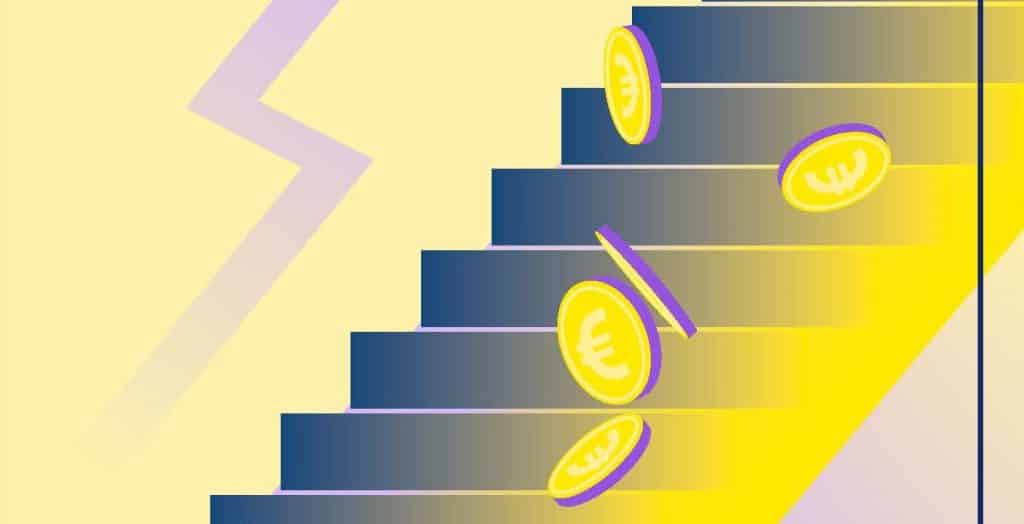
The European Liberal Forum is happy to introduce you the Future Europe Journal, European Liberal Forum's effort to improve the public debate.

Future Europe (FEU) is an open-access, peer-reviewed journal which aims to contribute to bridging the gap between academic research and policymaking.
FEU Journal seeks to create a space for academics, policymakers and citizens to promote new ideas, reflect on important issues and raise their voice towards shaping Europe’s future. Academic participation in European Studies has risen significantly in the past few decades. In turn, the debate surrounding development of the European project has grown.
Many interesting insights have been proposed, identifying strengths of the project and tackling the fundamental weaknesses and challenges. However, these fail to find a wider audience and are often overlooked by policymakers. While maintaining the highest standards of quality research, Future Europe Journal’s primary goal is to ensure that the practical knowledge of those making daily contributions to Europe is heard by those who can effect real change.
Page 1 of 2
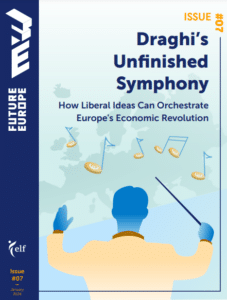
This Issue of the Future Europe Journal is examining Europe’s competitiveness challenge one year after Mario Draghi’s landmark call for action
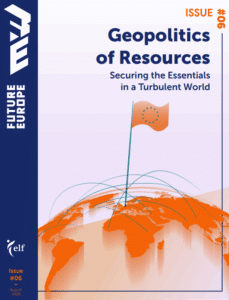
This issue of Future Europe examines the four key pillars of resource security: energy and raw materials, strategic industries, workforce and demographics, and external relations. Through expert analysis and concrete policy recommendations, the journal outlines how Europe can safeguard essential resources while seizing the opportunity to advance its global role. The message is clear: with unity and foresight, the EU can emerge from today’s pressures stronger, more self-reliant, and better equipped to lead in a changing world.
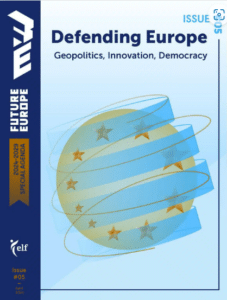
Future Europe Journal Issue 4 is out and it delves into the multifaceted importance of European cultural and creative industries.
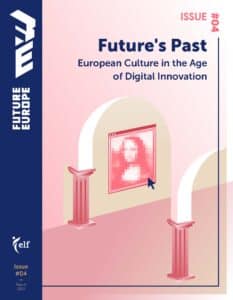
Future Europe Journal Issue 4 is out and it delves into the multifaceted importance of European cultural and creative industries.
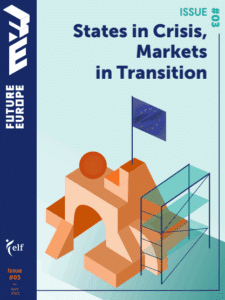
The third issue of the Future Europe Journal is dedicated to exploring how Europe has been transitioning to new modes of functioning due to its multifaceted crisis management. In their contributions, our authors reflect on two interrelated dynamics. On the one hand, the papers study how the European markets and industries adapted to new challenges and demands. On the other hand, the authors focus on innovative instruments and practices that policymakers could utilise to navigate crises and out-of-the-ordinary scenarios on the EU level. Both angles shed light on the long-term transformations and trajectories to which the European states, markets, and the Union as a whole are heading.
Page 1 of 2